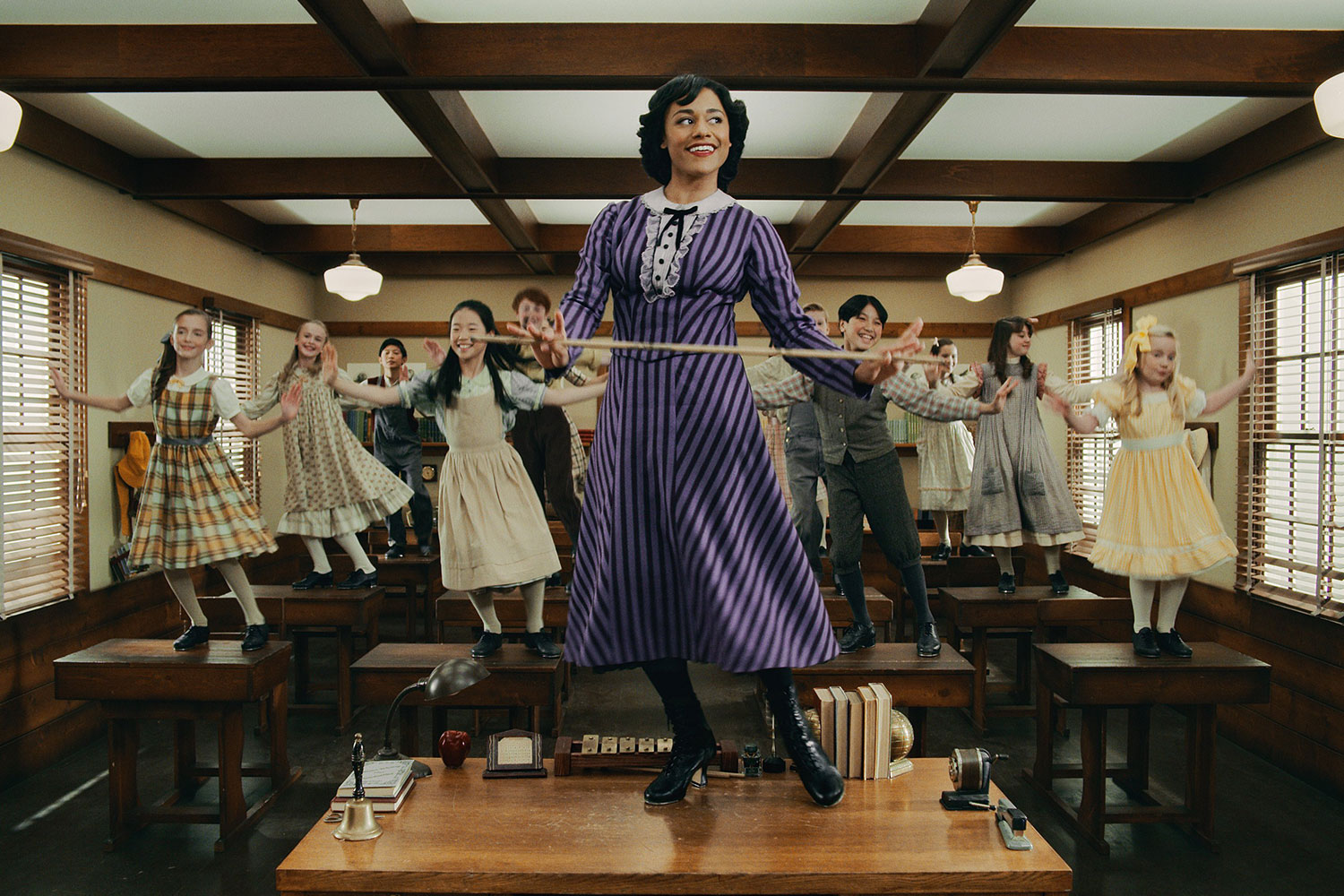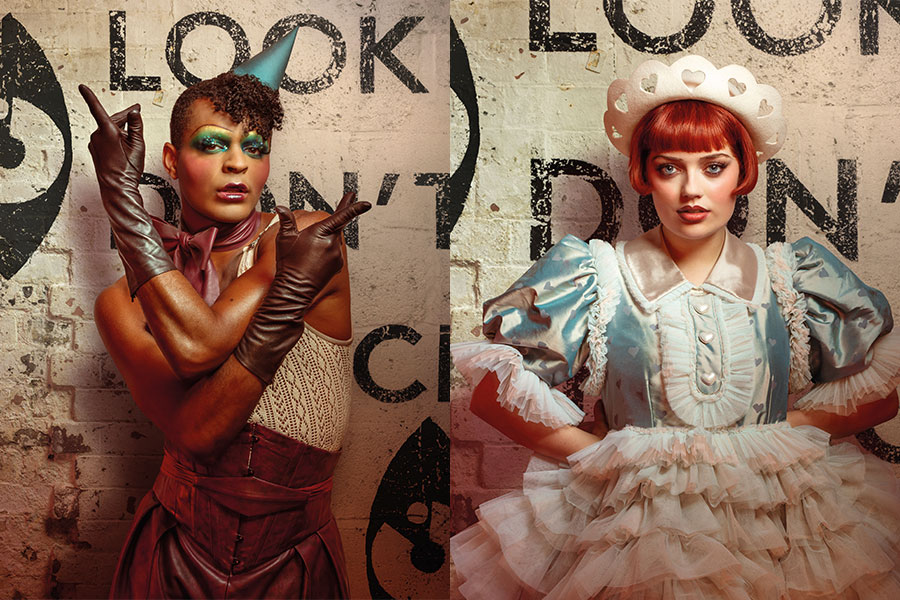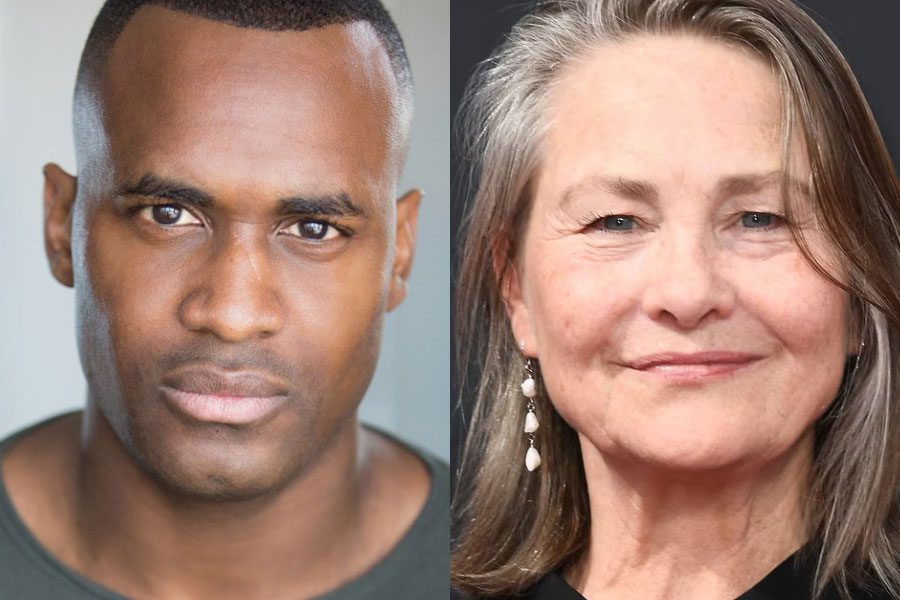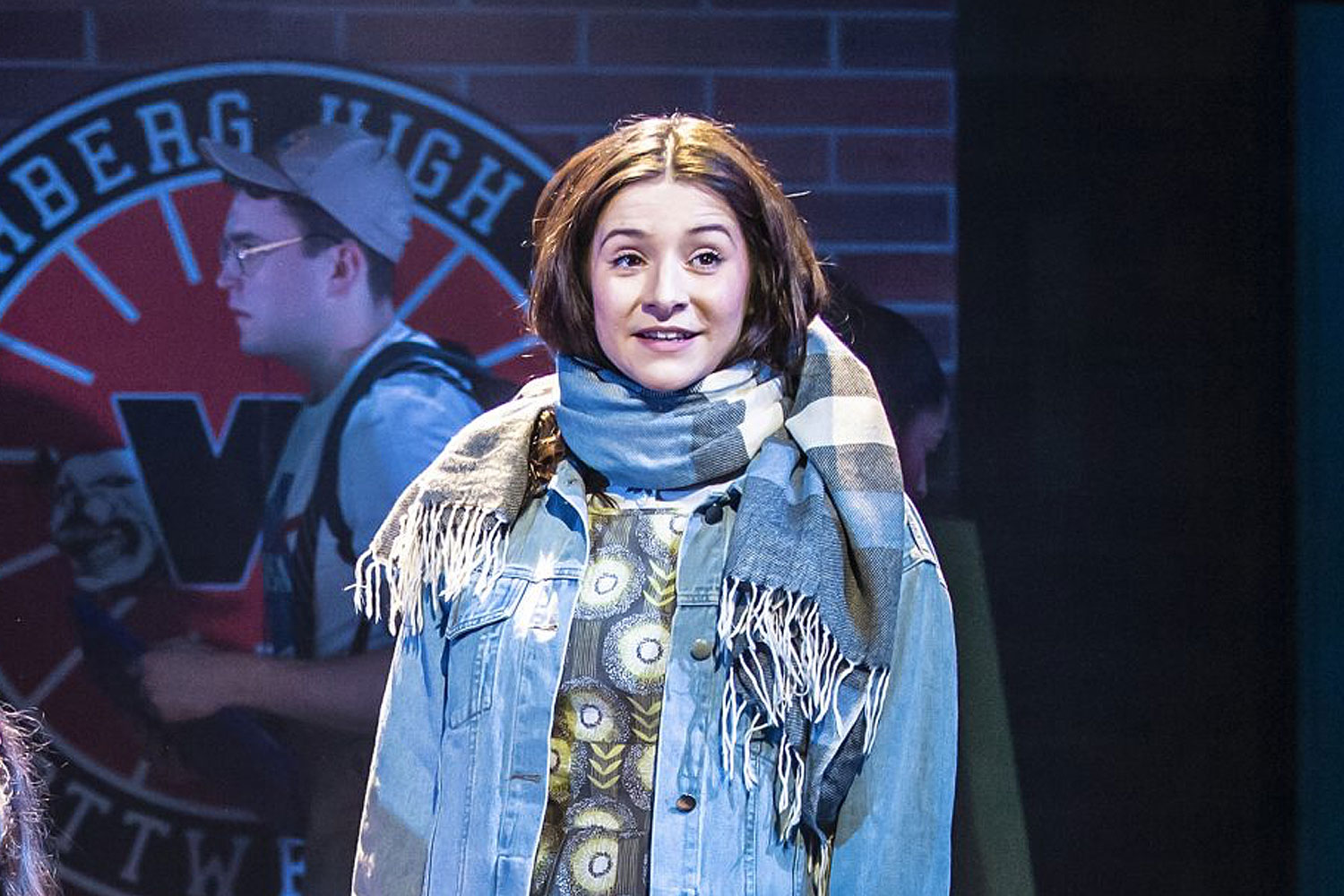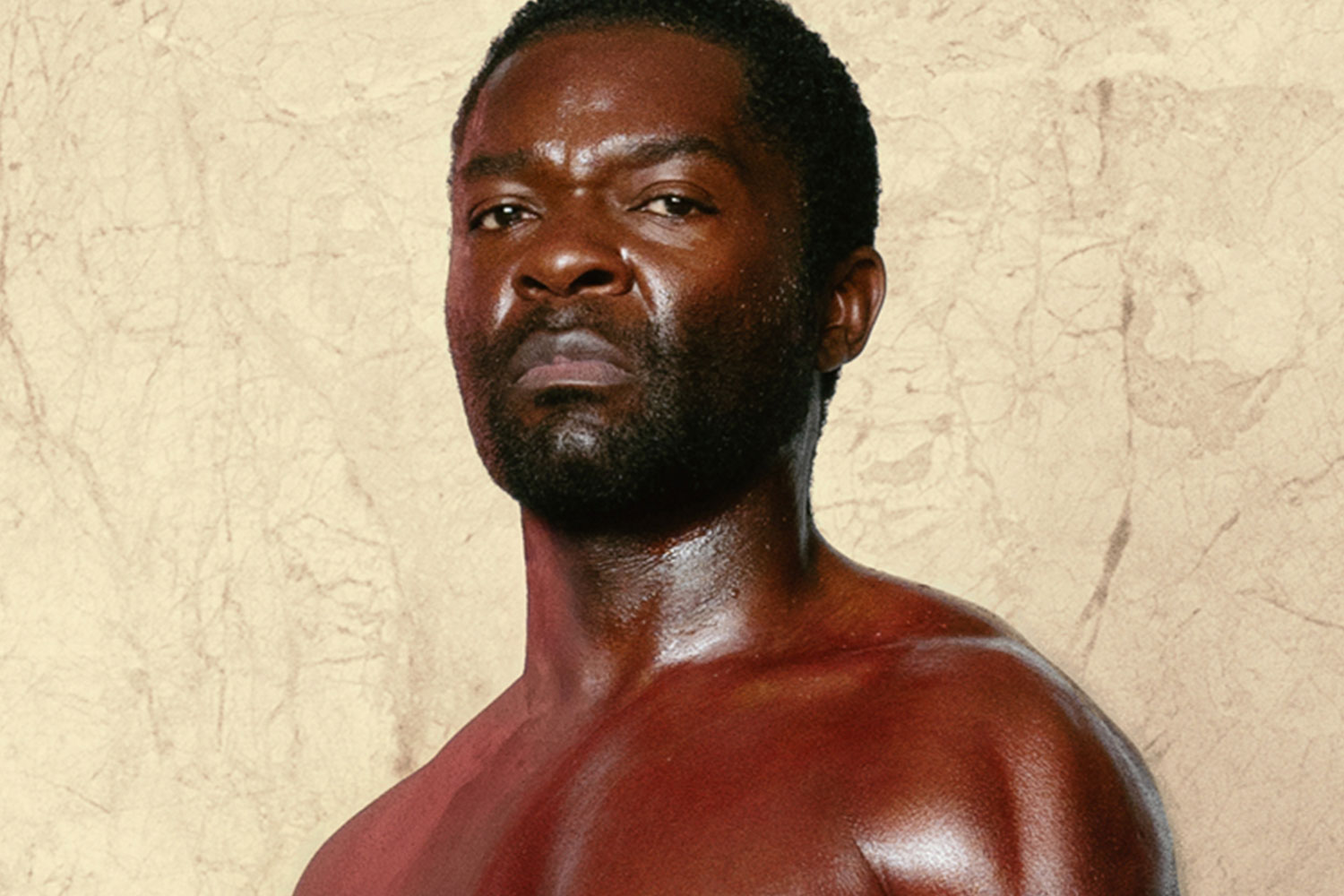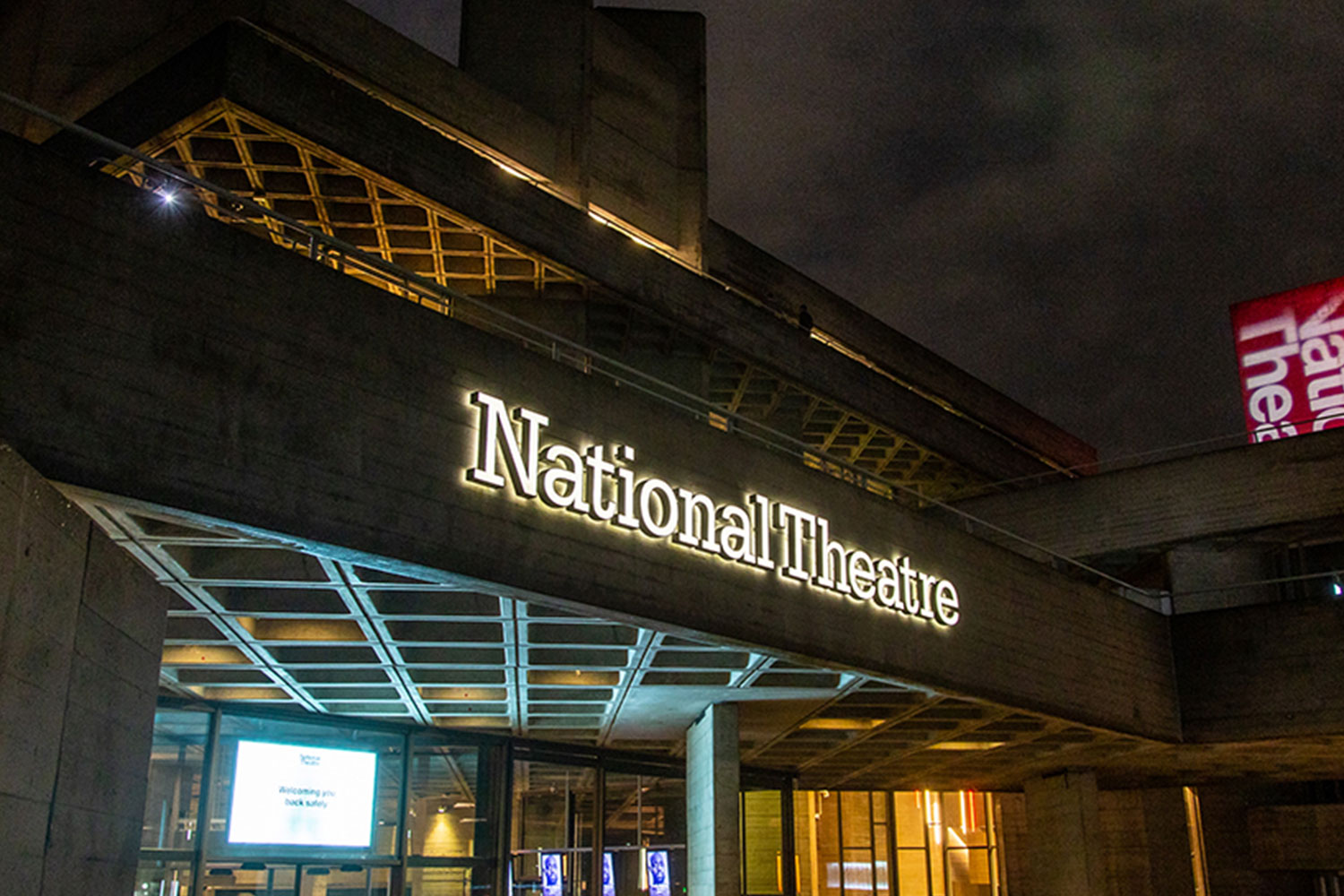Brief Encounter With…Lex Shrapnel
The Deep Blue Sea is directed by Sarah Esdaile, who is returning to the Playhouse following the success of Death of a Salesman in which Lex Shrapnel played Biff Loman. Lex also has a number of credits with the RSC, including Richard II, Richard III and Henry V, and in 2008 was nominated for the Milton Shulman Award for Outstanding Newcomer at the Evening Standard Awards for Henry IV Part I.
For Lex, working on The Deep Blue Sea completes something of a hatrick, as it has allowed him to return to Leeds, “a city that I love”, to the West Yorkshire Playhouse, something he was “really looking forward to” and another chance to work with Sarah Esdaile, who is an “amazing director”. While he admits that, following the success of Salesman, there is “perhaps” some added pressure, he adds: “You obviously want it to be as good as it can be, but it’s a different play to Salesman. Before going in you set a high bar for yourself, but you’ve just got to get into rehearsals, do the work and hope it comes together.”
According to Lex, the fact that he has worked with the director before is undoubtedly a benefit. “I know the way she works and I was really looking forward to getting back into that. The experience (with Salesman) was good because of the result, but the process is also a massive part of it. Working with a director for the first time there’s always an excitement because you don’t know what they’re really like, it always takes a while for me to get into it and relax. But with Sarah, it’s just great.”
As for the material, Lex admits he was “pretty new” to Rattigan before getting involved with The Deep Blue Sea, which he ranks as “one of the great plays of the 20th Century”. He adds: “I’d seen After the Dance at the National last year, which I thought was fantastic. That was the first time Rattigan really registered for me.” But Lex is not alone in being somewhat unfamiliar with Rattigan’s work. “He famously went out of fashion in the middle of his career. It was just a few years ago when people dusted off a few of his plays and thought ‘these are wonderful’.”
But given the long-term unpopularity of Rattigan, what can modern audiences take from his work? According to Lex it’s an “incredible understanding of human nature, which all great playwrights have, and an ability to use the medium. He has a story to tell and he’s brilliantly able to tell it.”
In this particular story, Lex plays Freddy Page, an ex-fighter pilot involved in a relationship with Hester Collier, who left her husband, a well-respected London judge, to be with him. The play unfolds over the course of a day, when their relationship falls apart. Lex says, “It’s a play about love and lust. But also about what it was like to live after the war. Freddy was a Spitfire pilot in World War II. He came out of that a war hero and worked as a test pilot, but lost his nerve and hit the bottle. Before we join the play he’s met Hester and pours his heart out to her at a time when people were very closed up. We join them at the nadir of their relationship.”
The play addresses some interesting questions; such as what does a war hero do when the fighting is over? Lex continues: “It should have been a happy time, but it wasn’t. There were huge difficulties, especially for someone like Freddy. You’re completely unqualified; you join the RAF at 18 with no proper qualifications, no skills outside of flying. When you decide you don’t want to fly anymore, what do you do? You find yourself lost in the world.”
In a world far away from Terence Rattigan and the Bard, Lex has just finished work on the next Marvel blockbuster, Captain America. This follows other big screen appearances in films such as K19 – The Widowmaker, directed by Oscar-winner Kathryn Bigelow. So surely a move across the pond is imminent? Not according to Lex. “There’s no real need to do that,” he says. “A lot of American films get made over here, and going to America would really limit the stage work, unless you’re on the East Coast. For the time being I really enjoy the balance.” Indeed, Lex counts himself as “extremely lucky” in the roles he’s had. “It keeps the job exciting. You spend a couple of months working on a film and by the end of it you’re thinking ‘give me a play to do’; you come to the end of a run of a play and you think ‘let’s get in front of the camera again’. I’ve always been very fortunate in the work that’s come my way. They’re both mediums I enjoy.”
Lex also recognises how fortunate he has been to have the “full support and understanding” of his family over his career choice, which he admits “is not often the case”, adding, “my parents’ mates actively discouraged their children from becoming actors”. Lex readily admits that the life of an actor is “a difficult progression, as it can be hard to earn a living and there’s a lot of anxiety involved as to where the next job’s coming from”. However, with success of his father John Shrapnel and grandmother, the legendary Deborah Kerr, Lex had the benefit of seeing the up side too. “They had different careers. My father is based over here and granny was mainly in the States, although towards the end of her career there was a lot of theatre. My father’s still working and loving it. He’s had a wonderful life; they both have, so it would be strange for them to say to me ‘you’ve seen this, you know it’s difficult, but you know it can be great…now go and be a bank manager’!”
Fortunately, Lex wasn’t tempted by the world of high finance; instead he is looking forward to giving fans of Rattigan, as well as newcomers, a memorable night out at the Playhouse. “The Deep Blue Sea is an amazing play about human nature and the human condition. Any good experience in the theatre involves confronting that and coming away thinking about it…hopefully not in too depressing a way! I think it’s an incredible piece of work and hopefully we’ll be doing it justice.”
The Deep Blue Sea is at the West Yorkshire Playhouse from 18 February to 12 March 2011. For tickets, contact the box office on 0113 213 7700, or visit www.wyp.org.uk.



